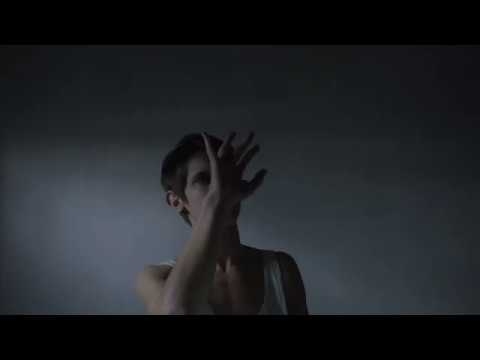Playboi Carti still sounds like a trillion bucks, even if he's not saying much
Music Features What Are You Listening To?
Listen to these songs and more on The A.V. Club’s Spotify playlist, updated weekly with what we’re listening to.
Last year’s self-titled debut by Playboi Carti was a lightning rod for the monk-like sect of rap nerds constantly fretting about the demise of lyricism from the medium. Carti often performed his entire verse like he had already finished it, bouncing around on the beat with little ebullient two or three-word phrases, as if ad libbing just for fun. After a few minutes of this, the track would be over. You could make the case that he represents a sort of Wire-style minimalism, creating a synthesis with Pi’erre Bourne’s loopy, fragmented production that transcends language—or you could just bounce along to it, effervescent and evergreen. The new Die Lit is more of the same, albeit now with a bunch of famous guests (Travis Scott, Nicki Minaj, Young Thug) also backflipping into the ball-pit with him. But, like its predecessor, its best moment may be its first. Carti spends so much time feeling out the beat on “Long Time” that he only gets a few low-key bars off, but his glowing mood carries the track, with Pi’erre’s skating synthesizers inspiring increasingly delirious incantations. “I ain’t felt like this in a long time,” Carti says, in various ways, over and over, and it’s been about a year since the listener has, too. Carti will probably never be a great lyricist, but he’s already a stylist of the first order. [Clayton Purdom]
Tiny Deaths, “Always”
Electronic pop duo Tiny Deaths hasn’t been around that long, but it’s already evolved beyond its initial sound. Whereas the duo’s debut LP, 2017's Elegies, harnessed ethereal dream-pop to heavier bass pulses, the music has been steadily getting more ambitious and exploratory, as singer Claire de Lune’s vocals grow more assured and less breathy, and Grant Cutler’s beats go from spare and spacious to grooves of almost Massive Attack-style trip-hop. The upcoming sophomore album (out in the fall) combines all these disparate musical meanderings into a single cohesive vision, making the gentle and galloping tracks alike sound of a piece.
The song that initially gave me optimism for the forthcoming album is “Always,” a soaring and swooning pop anthem. Like a combination of Human League with more recent synth-pop practitioners such as Chvrches—and more than a hint of languid Beach House-esque vocals—it sounds depressing and uplifting simultaneously, a musical catharsis that takes a very old style and makes it sound new again. De Lune has described the song as being about learning that “everything that’s ever happened to you, every obstacle that’s ever been put in your way, you’ve survived. So there’s no reason, no evidence, to believe that that won’t continue to be the case.” I’m not normally one for music videos, but the just-released clip accompanying this song utilizes one of my favorite mediums: Oddball modern-dance choreography. Great visuals—just another realm in which Tiny Deaths seem to excel. [Alex McLevy]
Bark Psychosis, “Inqb8tr”
If you like the moody, spacious work on Talk Talk’s The Spirit Of Eden and Laughing Stock, you’re probably going to like Bark Psychosis—the band that, according to music crit lore, finally spurred Mojo’s Simon Reynolds to coin the phrase “post-rock” to describe its 1994 LP, Hex. That record was, by Bark Psychosis’ own admission, heavily influenced by (some might even say indebted to) its London contemporaries led by Mark Hollis, whose experimenting with extreme dynamics and ambient atmospheres was an acknowledged inspiration and reference point. A few years later, that loop was finally closed when Bark Psychosis leader Graham Sutton performed on albums by .O.rang, formed by Talk Talk’s Lee Harris and Paul Webb, then had Harris play on Bark Psychosis’ sole followup, Codename: Dustsucker—an album that just got a welcome reissue from Fire Records. Although it wasn’t released until 2004, a full decade after Hex, Codename is a natural extension of those seminal, mid-’90s records (plus a few updated studio tricks), and that’s even truer with Harris providing many of the airy, occasionally dubby rhythms so central to that slowly billowing sound. Like those earlier works, it’s really easy to get lost in a song like “INQB8TR,” which rides a gently hypnotic tom-and-cymbal pattern for eight minutes while it layers swells of backmasked vocals and other ghostly textures beneath a watery, reverbed electric piano riff, Sutton’s hushed voice murmuring, “Don’t you know it’s gonna be all right?” I’ve spent many a dusk lately listening to this. [Sean O’Neal]